Photographer and one-man-documentary-crew Daryl Granger started telling the story of Port Dover’s commercial fishery because he had a question: “What happens to those boats that leave the harbour?”
Granger lives a few minutes from the Ontario beach community on Lake Erie and enjoys visiting the “picturesque town” to take photos.
In April, he met fishing-boat captain George Gibbons and asked if he could come aboard to film. Gibbons, who fishes for pickerel and perch, “took a chance” on him.
“I was asking a lot of dumb questions because I didn’t know a thing about fishing,” Granger said, adding he doesn’t like eating fish. But as he met more people working in the fishery, and went on the eight boats operating there, Granger learned the ropes.

The fishery’s story, which Granger pieced together through months of work, is the basis of a new two-hour documentary: Netting the Waters. It has been screened in recent months at film festivals in Europe and the U.S., including the World Film Festival in Cannes, where it won best educational film, and The IndieFest Film Awards in California, where it won an Award of Merit.
Granger produced the documentary out of RoseLe Studio, in the nearby community of Simcoe, which he and his wife own. The film is Granger’s first and had a budget of $5,500. He filmed, wrote, edited it and did the voiceover.
“People are embracing this film,” Granger said.
Gibbons said he “can’t imagine why” strangers are so interested in what he does. That the documentary has been part of film festivals is “a bit surreal now, isn’t it?” he said. “I think it’s really weird.”
Setting ‘the record straight’ about fishing
The film shows how fish are caught, the dangers workers face and the government framework they operate within.
The film premiered in Simcoe in October and has since played elsewhere in Ontario including Tecumseh, London, Leamington, and Waterloo, he said.
On Saturday, it plays in Hamilton at Playhouse Cinema, with a second show scheduled for Tuesday.

Gibbons said he agreed to be in the documentary to “set the record straight” about fishing — for instance, that the practice is uncontrolled.
He’s been in the business since he was a child and has fished full time since 1981. Throughout that time, he’s heard misinformation about how fishers work and what they’re allowed to do. In reality, he says, the profession is regulated to protect the environment.
Gibbons fishes by gillnet — with gear that catches fish by the gills — and works with two deckhands. Part of their catch goes to Pleasant Port Fish Company, the local store he and his wife own, and the rest goes to a packing house in Wheatley, Ont., near the Western tip of the lake.
Doc required early morning shoots
Joe Zimba, captain of the Donna F, was also featured in the documentary. With two crewmates, he trawls for smelt and sends his catch to a processing plant in Chatham, Ont. From there, the fish are processed, frozen and sold around the world.
He said he’s “happy” to be in the documentary and that it’s been great to show others what he does.
“They see the boats go in and out but don’t actually know what goes on in the lake,” he said.
To show that, Granger had to mirror the fishers’ early-bird schedules, arriving at the marina at 3:30 a.m., to set up cameras on days he wasn’t going out on the water.
He used a variety of equipment, including underwater cameras and drones to get an above- and below-the-water view of the action, including fish going into nets and seagulls seeming to appear from thin air as fishers reeled in their catches.
“I always wanted to try and send a camera down myself,” Zimba said of the underwater shots, adding it was interesting to see his boat from all angles.
“I’m more of a calm weather guy,” Granger said, so he didn’t go out on the roughest days, but he was able to capture big waves and stormy days, on which fish would slosh “every which way.”
Gibbons has been amazed by the number of people in town coming up to him and introducing themselves after seeing the documentary.
“More people know me than ever,” Zimba added, and some have stopped to tell him they appreciate his work.
That’s been nice, he said, as fishing can be a tough job. Some days, the crew doesn’t catch anything and doesn’t get paid.
“We just go home, lick our wounds and wait for the next,” Zimba said.
He said he hopes audiences come away thinking: “Those guys are out there doing a good job and providing some food for us.”
#Lake #Erie #boat #captains #hope #documentary #pulls #curtain #fishing #living

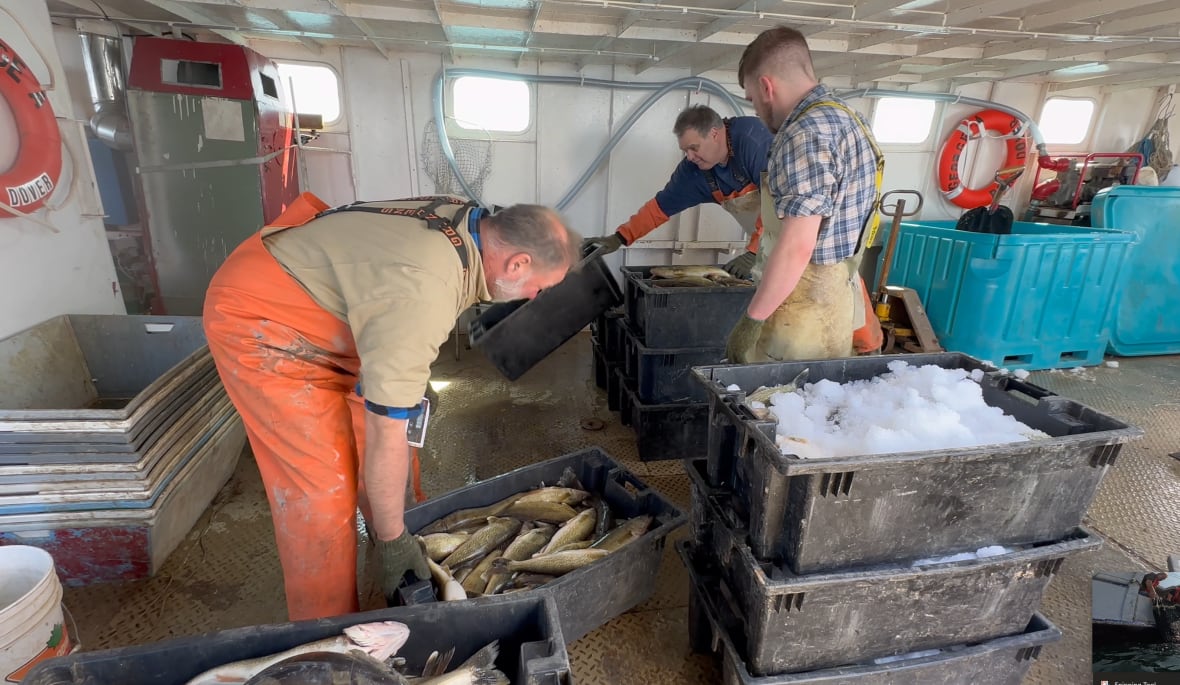



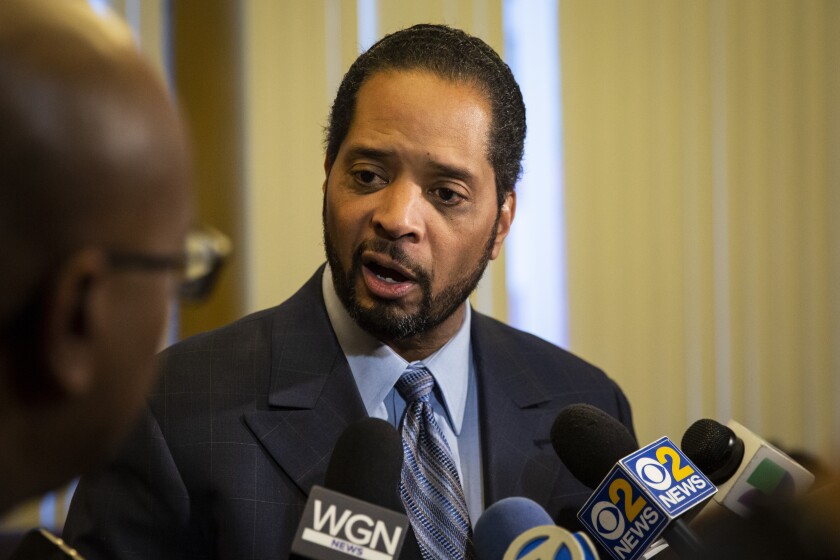
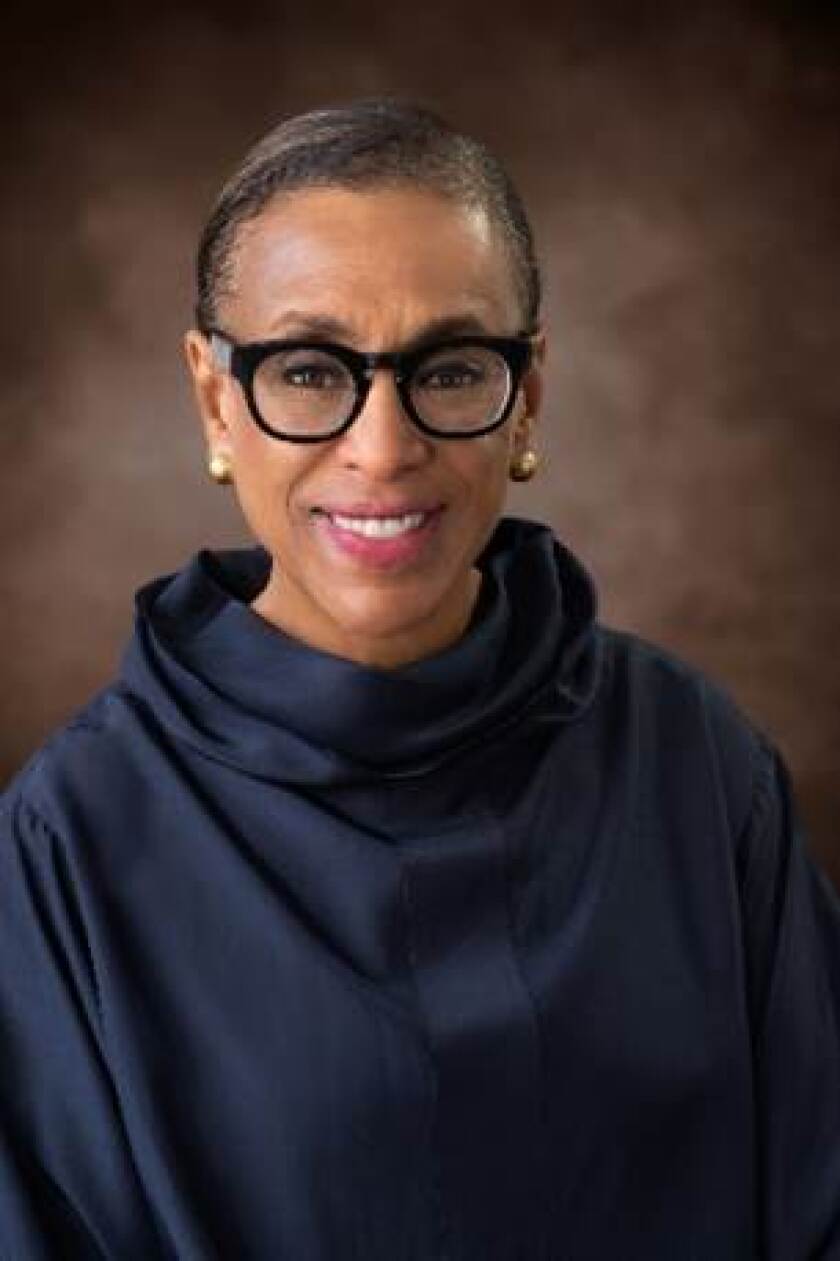
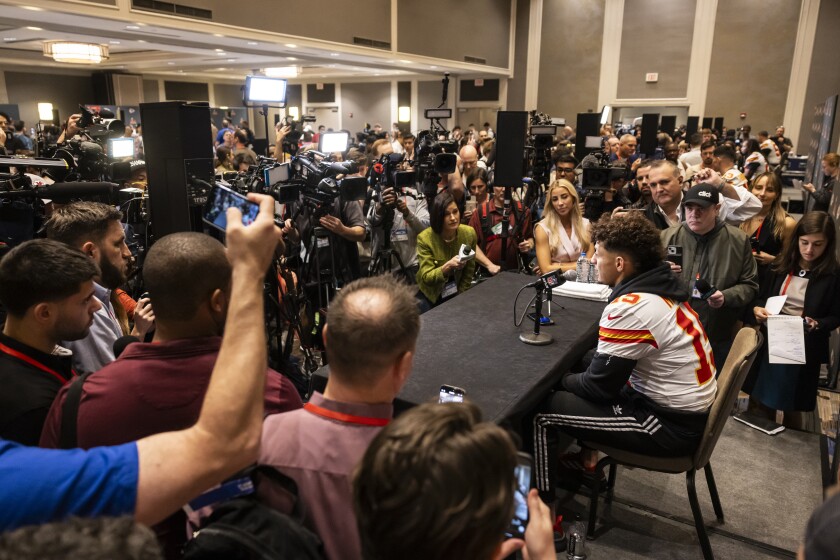
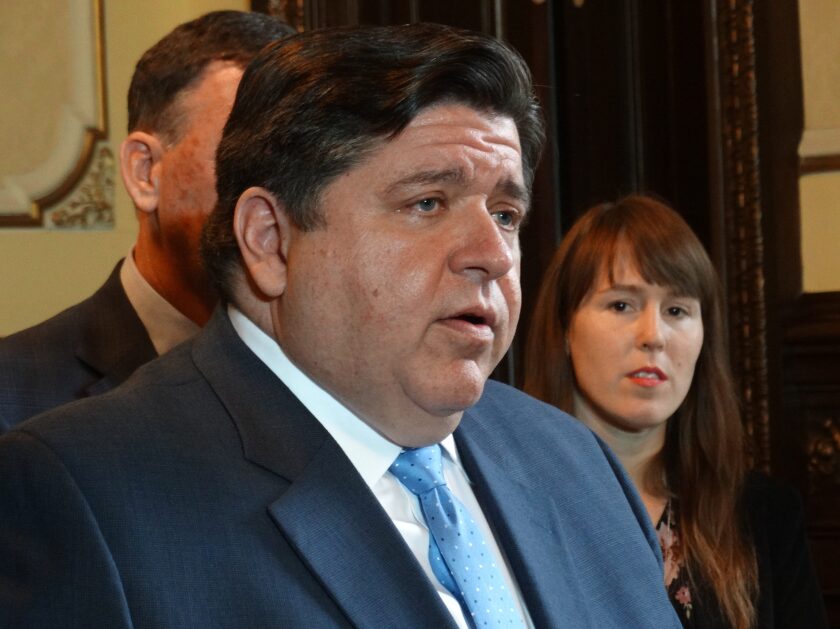
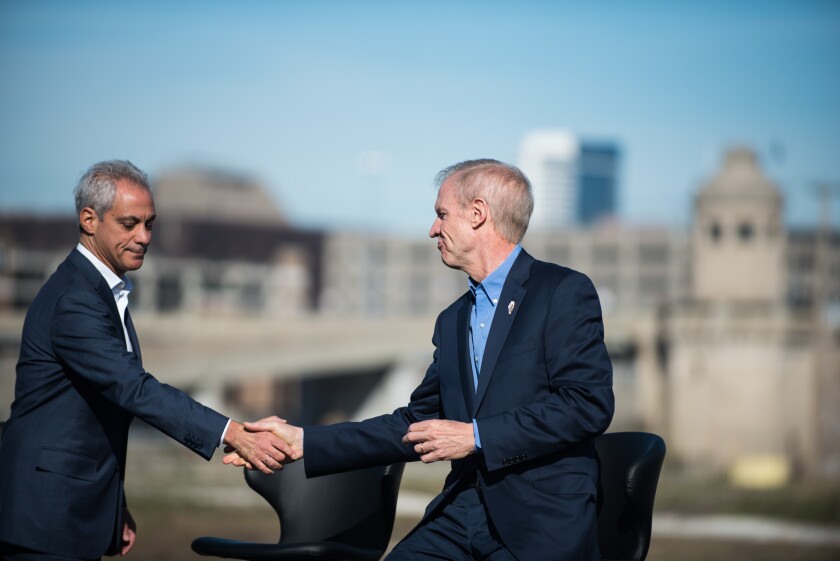
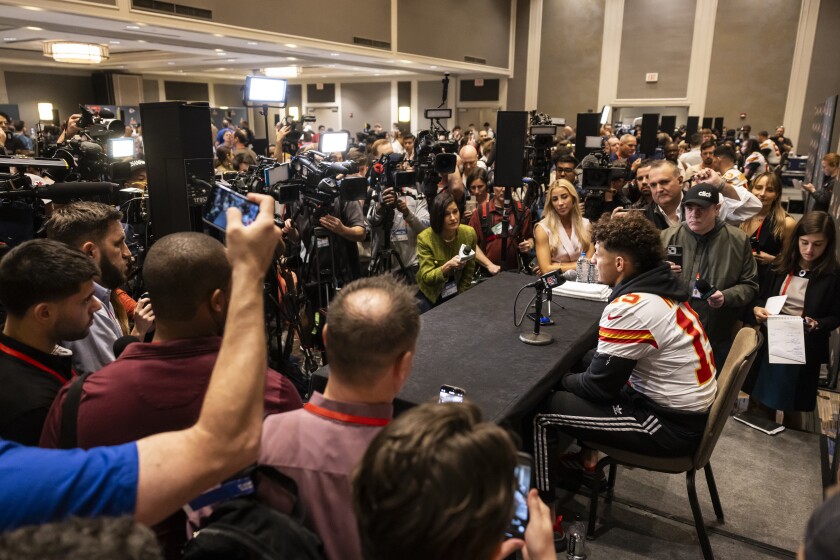
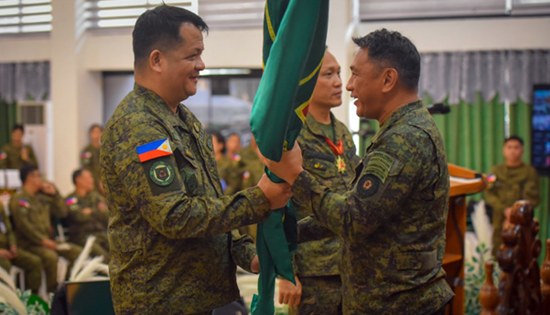
Leave a Reply